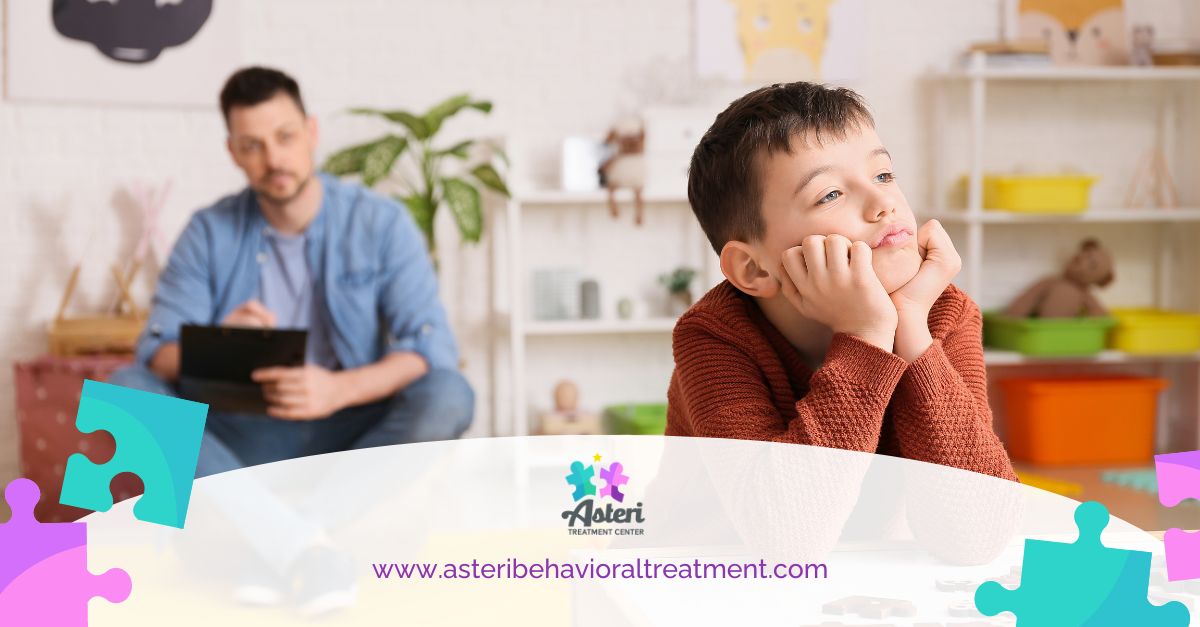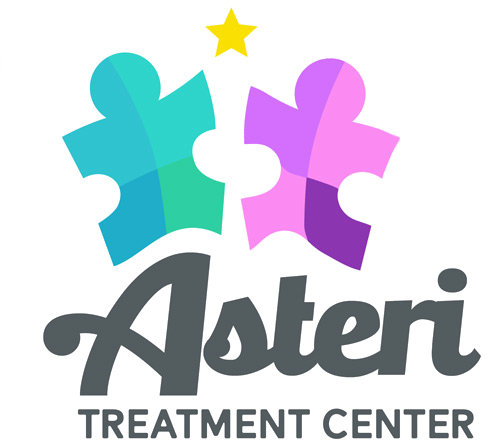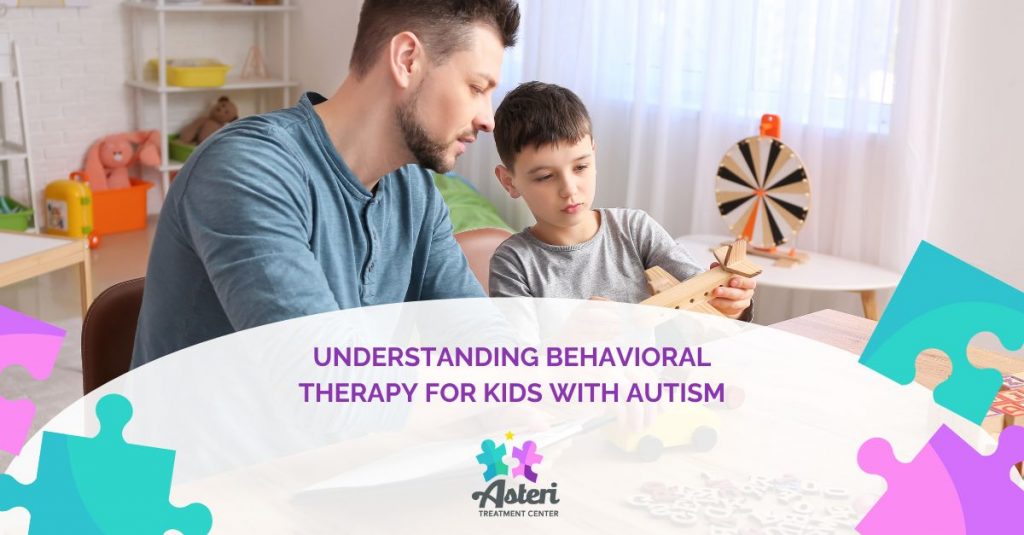Autism Spectrum Disorder (ASD) is a complex neurodevelopmental condition that affects how a person thinks, interacts, and experiences the world. For many children with autism, behavioral therapy can be a pivotal part of their development, helping them acquire essential skills and navigate social situations. In this blog, we’ll explore what behavioral therapy entails, its benefits, and how it can be tailored to meet the unique needs of children with autism.
What is Behavioral Therapy?
Behavioral therapy focuses on modifying harmful behaviors and reinforcing positive ones. It is grounded in the principles of behaviorism, which emphasize that behaviors can be learned and unlearned through interaction with the environment. For children with autism, behavioral therapy can help address various challenges, including communication difficulties, social skills deficits, and inappropriate behaviors.
Types of Behavioral Therapy for Kids with Autism
- Applied Behavior Analysis (ABA):
ABA is one of the most widely recognized forms of behavioral therapy for children with autism. It involves breaking down skills into smaller, manageable components and using reinforcement strategies to encourage desired behaviors. ABA can be tailored to fit individual needs, making it a versatile approach.
- Cognitive Behavioral Therapy (CBT):
While traditionally used for anxiety and depression, CBT can also be beneficial for older children and adolescents with autism. It helps them identify and challenge negative thought patterns and develop coping strategies, ultimately improving emotional regulation and social interactions.
- Social Skills Training:
This type of therapy focuses specifically on improving interpersonal skills. Through role-playing and structured activities, children learn how to initiate conversations, understand non-verbal cues, and develop friendships.
- Parent-Training Programs:
These programs equip parents with the tools and techniques necessary to reinforce positive behaviors at home. Educating parents can significantly enhance the effectiveness of therapy by creating a supportive environment.

Benefits of Behavioral Therapy
- Improved Communication Skills:
Many children with autism struggle with verbal and non-verbal communication. Behavioral therapy can help them learn to express their needs, understand others, and engage in meaningful conversations.
- Enhanced Social Skills
Behavioral therapy can improve a child’s ability to interact with peers, navigate social situations, and develop friendships, which is crucial for their emotional and social well-being.
- Reduction in Challenging Behaviors
Children with autism may exhibit challenging behaviors, such as tantrums or aggression. Behavioral therapy can help identify triggers and teach alternative, more appropriate ways to express feelings.
- Increased Independence
By focusing on life skills, behavioral therapy can help children become more independent in their daily activities, such as dressing, grooming, and managing personal hygiene.
- Empowerment for Families
Involving families in the therapeutic process empowers parents and caregivers. They learn strategies to support their child’s growth, fostering a stronger family dynamic.
Tailoring Therapy to Individual Needs
Every child with autism is unique, and their therapy should reflect that individuality. A successful behavioral therapy program typically includes:
Personalized Goals: Setting specific, measurable objectives based on the child’s strengths and areas for growth.
Flexible Approaches: Adapting techniques and strategies as the child develops and progresses through therapy.
Ongoing Assessment: Regular evaluations to monitor progress and make necessary adjustments to the treatment plan.
Conclusion
Behavioral therapy can be an invaluable resource for children with autism and their families. By focusing on skill development, communication, and social interaction, these therapeutic approaches help children navigate the world more effectively. If you’re considering behavioral therapy for your child, consult with a qualified professional to explore the best options tailored to their needs. With the right support, children with autism can thrive and reach their full potential.
Remember, every small step forward is a victory worth celebrating!

